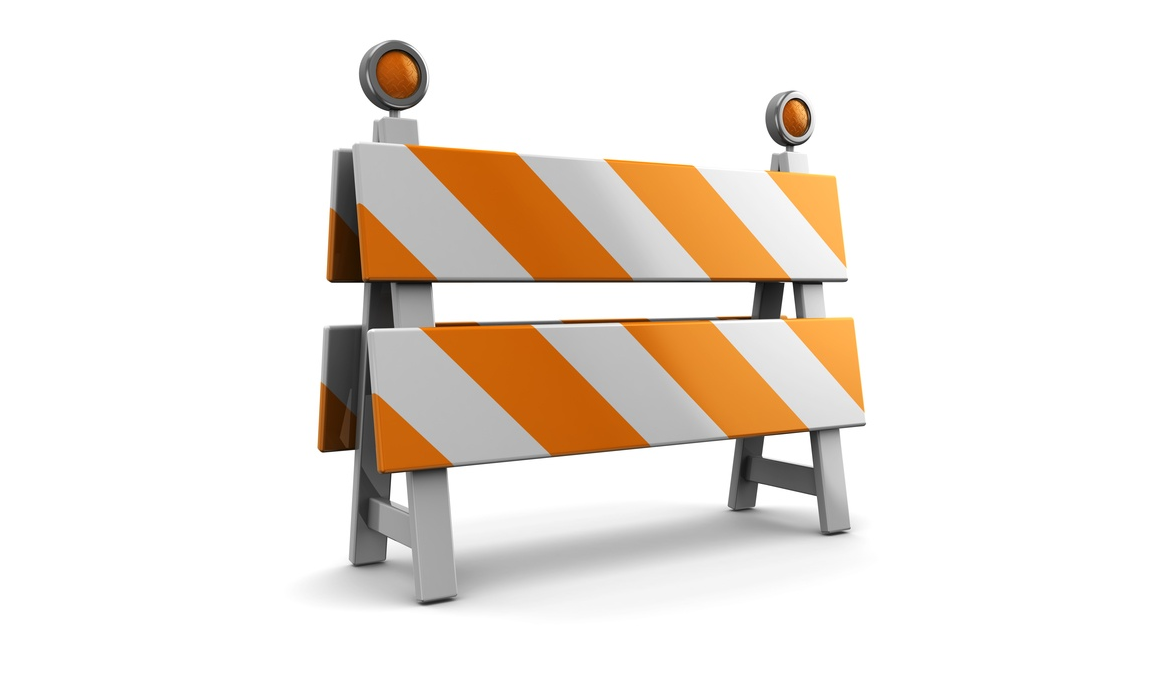For a specific option, it is an individual trader who stands ready to quote both a bid and an offer price on the option. The bid is the price at which the market maker is ready and willing to buy a certain option, and the offer is the price at which the market maker is ready and willing to sell a certain option. The offer is always higher than the bid.
The exchange sets upper limits for the difference between the bid and offer prices (known as the bid-offer spread). Market makers help option exchanges to facilitate trading. They ensure that buy and sell orders can always be executed at some price without any delays. Therefore, they enhance market liquidity.





